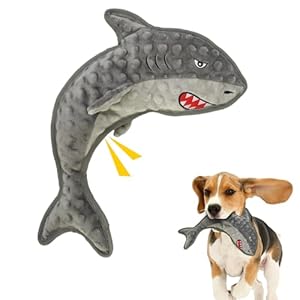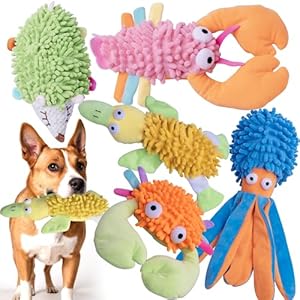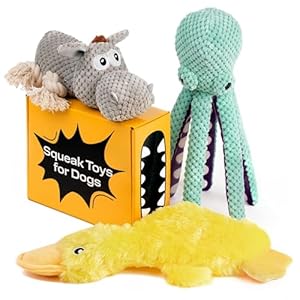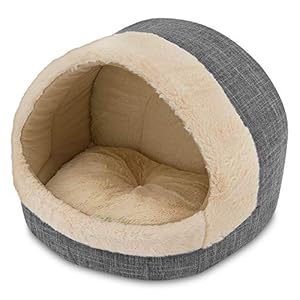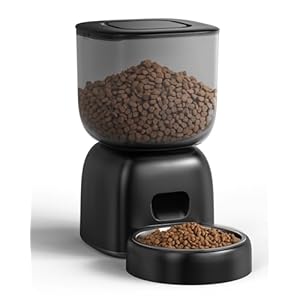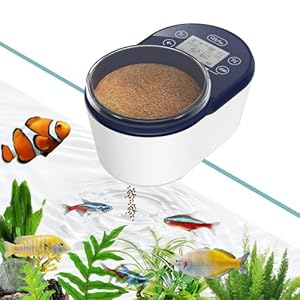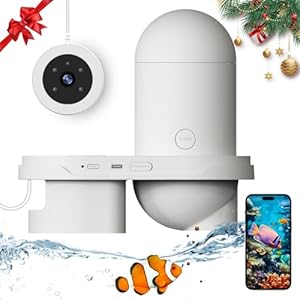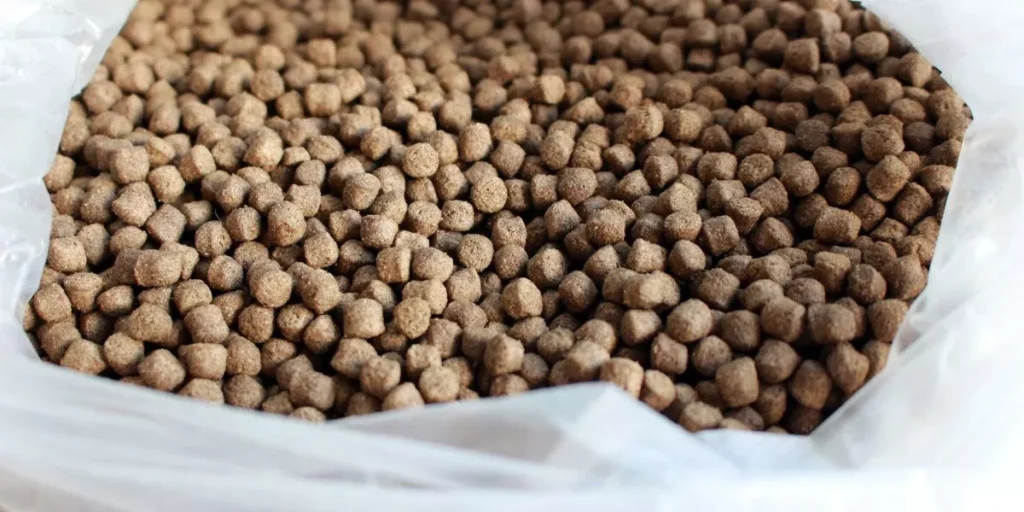
When it comes to selecting the optimal fish food for your aquarium companions, considering their dietary requirements is paramount. Tailoring their meals to suit their herbivorous, carnivorous, or omnivorous nature ensures they receive the necessary nutrients for their well-being. However, there’s more to this decision than just the type of food. Delving deeper into factors like ingredient quality, feeding preferences, and seeking advice from seasoned aquarists could be the key to finding the perfect fish food match.
Consider Your Fish Species
When selecting fish food for your aquarium pets, tailor your choices based on the specific dietary needs of your fish species. Different fish species have varying nutritional requirements, so it’s crucial to consider what’ll best support their health and well-being. For example, herbivorous fish like mollies and plecos thrive on diets rich in algae and plant matter. On the other hand, carnivorous species such as bettas and angelfish require protein-rich foods like bloodworms or brine shrimp to meet their dietary needs.
Researching the dietary habits of your specific fish species is key to providing them with a balanced and nutritious diet. Some fish, like goldfish, are omnivores and can benefit from a mix of plant-based and protein-rich foods. Understanding your fish’s natural diet in the wild can guide you in selecting the most suitable food options for them in captivity. Remember, a well-rounded diet is essential for the overall health and vitality of your aquarium pets.
Assess Nutritional Requirements
To ensure the optimal health of your aquarium pets, it’s essential to evaluate their specific nutritional requirements carefully. Different fish species have varying dietary needs, so it’s crucial to understand what nutrients are necessary for your specific pets. Start by researching the typical diet of your fish species in the wild. Some fish are carnivores, requiring high protein diets, while others are herbivores or omnivores. Consider factors such as the fish’s size, age, and activity level when assessing their nutritional needs.
Consulting with a veterinarian or a knowledgeable aquarium specialist can also provide valuable insights into the ideal diet for your fish. Look for fish food that’s specially formulated to meet the nutritional requirements of your specific species. Balanced nutrition is key to keeping your aquarium pets healthy and vibrant, so be sure to provide a varied diet that includes essential vitamins, minerals, and proteins. By meeting your fish’s nutritional needs, you can help ensure they thrive in their aquatic environment.
Evaluate Ingredients and Quality
Consider examining the ingredients and quality of the fish food options available to ensure you’re meeting your aquarium pets’ specific nutritional needs. When evaluating fish food, look for high-quality ingredients such as whole fish, shrimp, algae, and spirulina. These ingredients provide essential nutrients like proteins, fats, vitamins, and minerals that are vital for your fish’s health and growth.
Avoid fish foods with fillers like wheat, soy, or corn, as these offer little nutritional value and can lead to digestive issues in your aquarium pets. Opt for products that list whole proteins like fish meal or shrimp meal as the primary ingredients. Checking the ingredient list can give you insight into the overall quality of the fish food you’re considering.
Additionally, pay attention to any artificial colors, flavors, or preservatives in the fish food. Natural ingredients are typically better for your fish’s overall well-being. Choosing high-quality fish food ensures that your aquarium pets receive the essential nutrients they need to thrive and stay healthy.
Factor in Feeding Preferences
Factor in your aquarium pets’ feeding preferences by observing their behavior and adjusting their diet accordingly. Different fish species have unique feeding habits, so it’s essential to pay attention to what your fish prefer.
Some fish are carnivores and thrive on meaty foods like bloodworms or brine shrimp, while others are herbivores and need plant-based options like algae wafers or spirulina flakes. By observing your fish during feeding times, you can determine if they’re actively consuming the food or if it’s being left uneaten, indicating a possible dislike for that particular food.
Additionally, some fish may prefer specific feeding methods. For example, surface-dwelling fish like Bettas may prefer food that floats, while bottom-dwelling species like Corydoras catfish may prefer sinking pellets.
Understanding your fish’s feeding preferences can help ensure they’re getting the nutrition they need to stay healthy and vibrant. Remember to provide a varied diet to meet all their nutritional requirements and keep them happy and thriving in your aquarium.
Seek Recommendations and Reviews
Observing your aquarium pets’ behavior can provide valuable insights when seeking recommendations and reviews for fish food. Pay attention to how actively they feed, if they’re picky eaters, or if they show signs of any dietary sensitivities.
Once you have a good grasp of your pets’ preferences and needs, it’s time to seek recommendations. Talk to fellow fish enthusiasts at your local pet store or aquarium club. They may have first-hand experience with different fish foods and can offer valuable suggestions.
Additionally, scour online reviews on reputable websites or forums dedicated to fishkeeping. Look for feedback on factors like ingredient quality, nutritional value, and how well the food is accepted by various fish species.
Keep in mind that what works for one aquarium pet may not work for another, so consider a variety of opinions before making a decision. By gathering recommendations and reviews from various sources, you can make an informed choice that will benefit the health and happiness of your aquatic companions.
Trending Products

